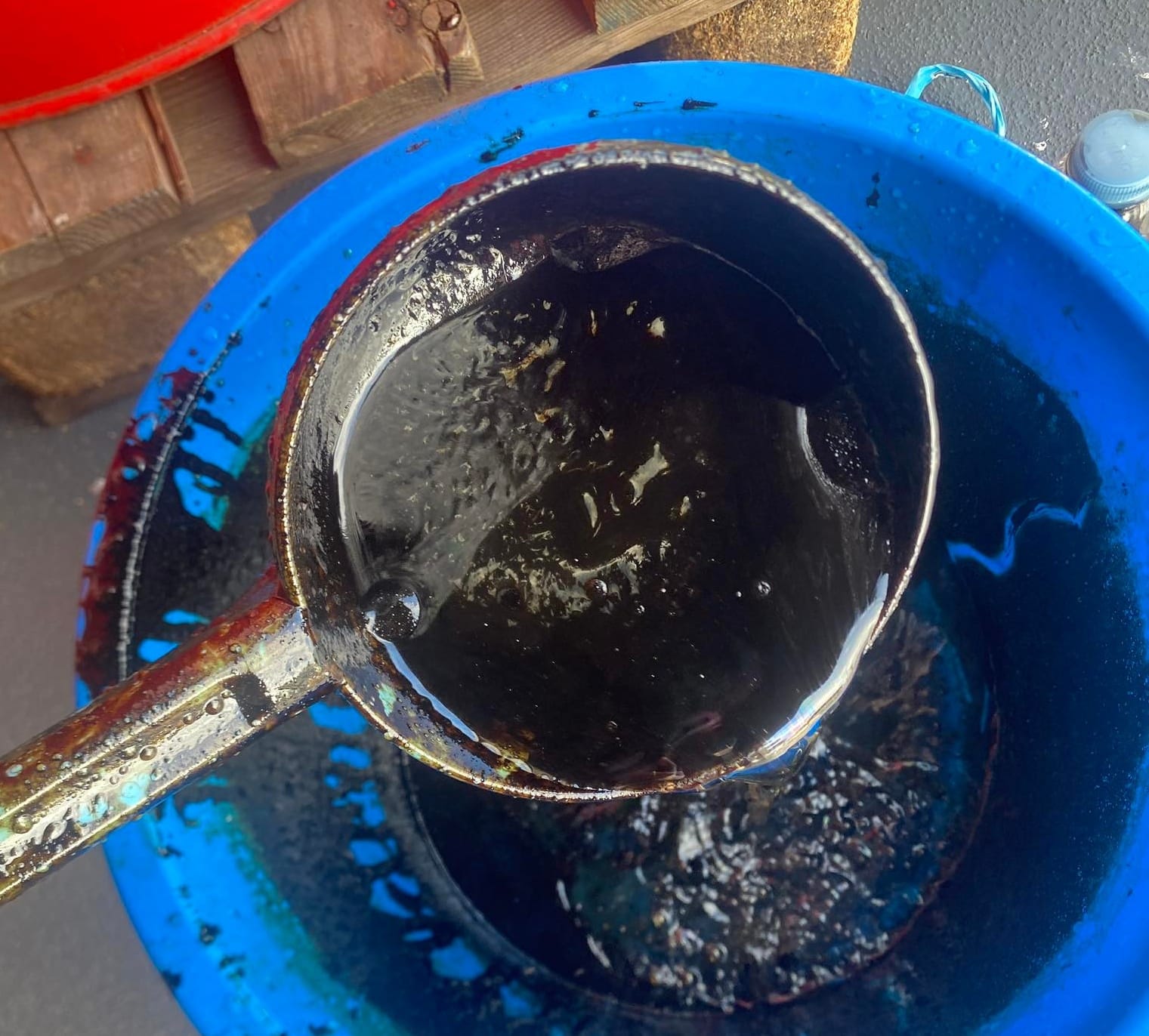News
Marcos: No reorganization needed for Mindoro oil spill response

The PCG, Marcos said, is coordinating with the Japanese experts who brought in special equipment such as the remotely-operated vehicle (ROV) and oil spill boom, as well as the United States (US) aid and personnel. (File photo: Philippine Coast Guard/Facebook)
MANILA – President Ferdinand R. Marcos Jr. on Wednesday said the Philippine Coast Guard (PCG) will continue to take the lead role in the government’s ongoing operation to contain the oil spill in Oriental Mindoro, dismissing any reorganization efforts to address the issue.
Marcos said there is no need for a reorganization in the government coordination for the oil spill response, noting that the PCG is spearheading the cleanup because it has the assets and is also in charge of coordinating the incoming foreign aid.
“The head of the task force for the oil spill is the Coast Guard. Admiral Abu heads it. So, there’s no need. You see, there’s no need to organize something for everything,” Marcos said in a media interview after attending the 126th Founding Anniversary of the Philippine Army in Taguig City.
“The idea is to have the assets in place so that ‘pag may mangyaring ganyan, may response na tayo (if something like that happens, we are ready to respond). We do not have to organize a special group, a special committee, a special task force. They’re ready already as it is,” he added.
The PCG, Marcos said, is coordinating with the Japanese experts who brought in special equipment such as the remotely-operated vehicle (ROV) and oil spill boom, as well as the United States (US) aid and personnel.
He said the role of the Department of Environment and Natural Resources is to assess the damage, identify the areas that need to be cleaned up, and monitor the affected areas.
In terms of support being extended to affected communities whose livelihoods are impacted by the oil spill, Marcos said the Department of Social Welfare and Development (DSWD) is handling the provision of relief assistance.
The national government, through the DSWD has also instituted a cash-for-work program, hiring residents in the area to do an extensive cleanup drive in several provinces affected by the spill.
“So we are even providing food packs. We are providing not only cash-for-work, pero mayroon pa rin tayong mga pantulong para nga doon sa mga mangingisda na hindi makapangisda ngayon (but also assistance for the fisherfolk who cannot fish at the moment),” Marcos said.
The DSWD is currently implementing a 45-day cash-for-work program involving 7,198 families (including off-site), which started last March 6 and extended until May this year. It said the beneficiaries could also avail of Emergency Cash Transfer (ECT) and family food packs (FFPs).
To date, the national task force for oil spill management in Mimaropa and Western Visayas said a total of PHP28.3 million worth of humanitarian assistance was provided to the affected families by the national government, local government units (LGUs), non-governmental organizations (NGOs) and other partners.
Likewise, the Department of Labor and Employment has started the Tulong Panghanapbuhay sa Ating Disadvantaged/Displaced Workers (TUPAD) Program in the three areas of Caluya namely Sibolo, 152; Semirara, 246 and Tinogboc, 66, through a 30-day work program.
TUPAD is a community-based package of assistance that provides emergency employment for displaced workers, underemployed and seasonal workers, for a minimum of 10 days, but not to exceed a maximum of 30 days, depending on the nature of work to be performed.
As of Monday, the oil spill has affected over 150,000 individuals or 32,000 families in Mimaropa and Western Visayas.
The MT Princess Empress was carrying 800,000 liters of industrial oil when the tanker sank near Naujan, Oriental Mindoro on Feb. 28.
Marcos earlier said the government aims to finish the oil spill cleanup in less than four months.





















